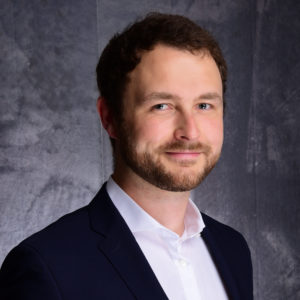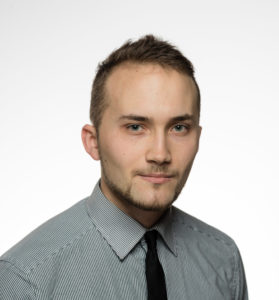FAU – DLR: Shared Autonomy in Advanced Humanoid Teleoperation for Intuitive and Reliable Grasping
FAU – DLR: Shared Autonomy in Advanced Humanoid Teleoperation for Reliable Grasping
Background
AIROB Lab offers a unique thesis opportunity in collaboration with one of the best robotic institutions in Europe, the Institute for Robotics and Mechatronics at DLR Oberpfaffenhofen (German Aerospace Center). As the thesis is in cooperation with DLR, ca. 3 months will have to be spent at each location (Erlangen / Oberpfaffenhofen). As part of this thesis, the student will investigate the topic of shared autonomy in advanced robotic teleoperation for reliable grasping operations, e.g., picking soft fruits, carrying out household tasks. The setup should merge IMU-based body tracking and EMG-based motion intent prediction. The starting point for this thesis is, among others, the research by Connan et al. 2021:
Connan, Mathilde, Marek Sierotowicz, Bernd Henze, Oliver Porges, Alin Albu-Schäffer, Máximo A Roa, and Claudio Castellini. “Learning to Teleoperate an Upper-Limb Assistive Humanoid Robot for Bimanual Daily-Living Tasks.” Biomedical Physics & Engineering Express 8, no. 1 (January 1, 2022): 015022. https://doi.org/10.1088/2057-1976/ac3881.
See the video for further insights:
Tasks
@FAU:
- Validation of the bimanual setup @AIROB as preparation for the setup @DLR
- Development and optimization of IMU and EMG-based teleoperation and grasp control
@DLR
- Transfer of the methods to the robotic hardware on-site, which will include DLR’s CLASH hand
- Implementation of a shared autonomy approach employing both AIROB’s user human-machine interface and DLR’s scene recognition and motion planning suite
- Evaluation of implemented methods in a user study
Required Qualifications
- Very good English language skills
- Knowledge in Biosignal Processing and Machine Learning (e.g., lectures “Biosignal Analysis” & “Pattern Recognition”)
- Experience with a mid-level programming language e.g., C#, Java (e.g., lecture “Algorithmen und Datenstrukturen”)
- Experience with Data Analysis with either Python or MatLab
Additional Qualifications (not required)
- Basic knowledge in spatial orientation mathematics e.g., rotation matrices, and quaternions (e.g., lecture “Inertial Sensor Fusion”)
- Basic knowledge of mechatronics


